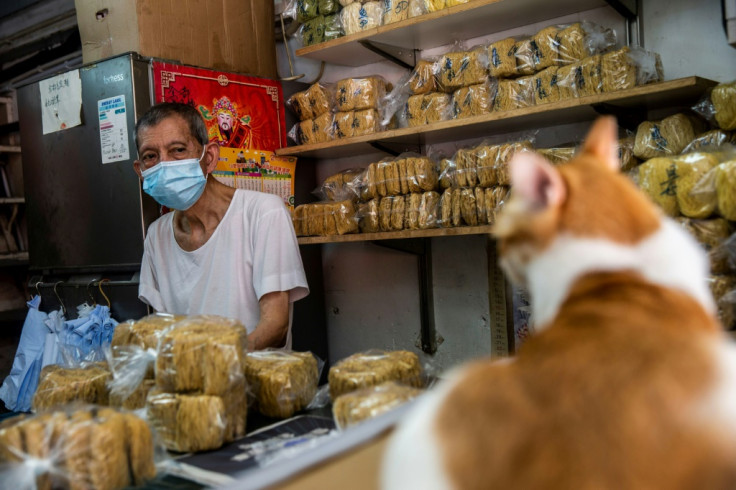Chinese police rescue nearly 150 stolen cats headed for meat trade
Around 4 million cats are killed for human consumption each year in China.
A gang of thieves in China's Shandong province stole nearly 150 cats so the animals could be sold to slaughterhouses for human consumption.
The police found 148 cats and 31 sparrows crammed inside rusty cages in the city of Jinan. The sparrows had been used as bait to lure the cats, according to police. Most of the rescued felines are believed to have been household pets, per a report on CBS News.
The authorities have also been able to seize the mopeds used by the gang to carry out the crime. The mopeds had remote-control operated cages attached to them.
"We had been tracking this gang of cat thieves and traders for a while and finally found the place they stored all the cats they stole from the streets," Ziyang Huang, a member of the animal rights body Humane Society International (HSI), told AFP.
"These poor animals were tightly crammed together in rusty cages waiting to be shipped off to south China to be killed for meat," added Huang.
Meanwhile, the cats have been sent to animal shelters and the sparrows have been released into the wild. They would have been taken to slaughterhouses in Guangdong and Guangxi provinces, which are the two main provinces where cat meat is consumed.
China does not have any laws against animal cruelty, but sparrows are a protected species. People found involved in hunting these birds could end up in jail for violations of animal epidemic prevention rules and theft.
Cat meat is considered a delicacy in some parts of China. Every year, around 4 million cats are killed for human consumption in the country, according to HSI. In some areas, dog meat is also considered a delicacy.
The Chinese city of Yulin even hosts a dog meat festival every year in June. In some parts of China, it is believed that dog meat brings good health and luck.
The Yulin festival has come under fire in the last few years, with dog lovers across the world taking part in protests against the practice and calling for China to ban the festival.

© Copyright IBTimes 2024. All rights reserved.






